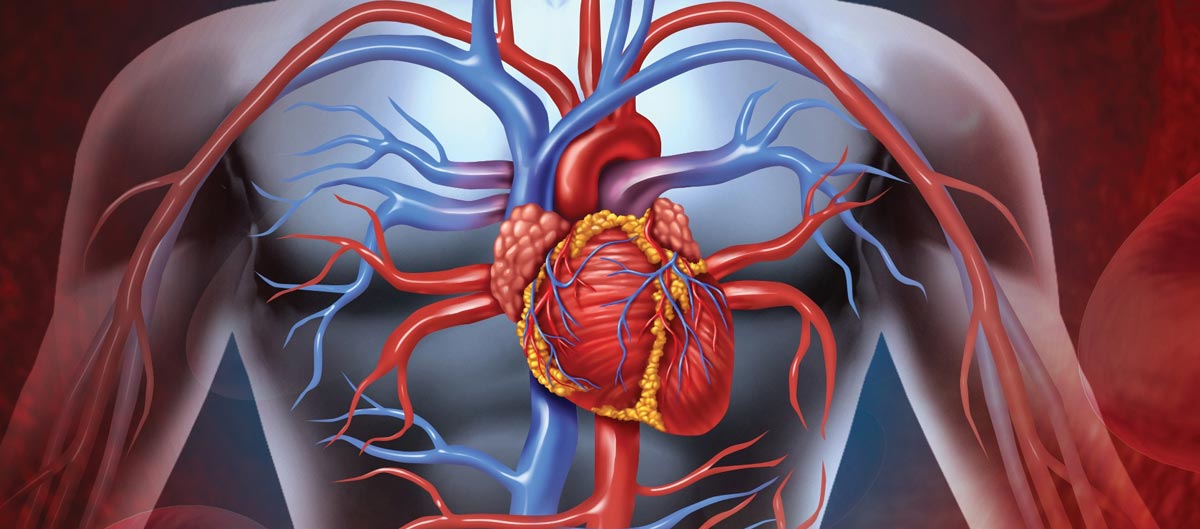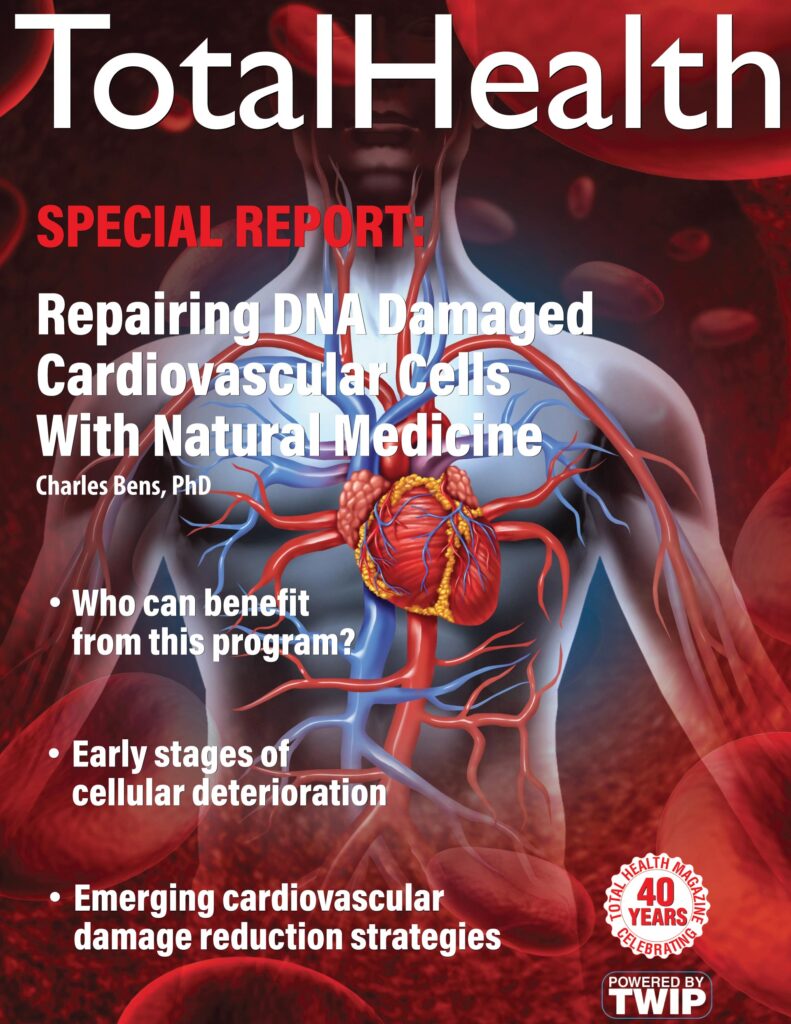
Repairing Damaged Heart Tissues
A review of the medical literature confirms that a vast majority of heart attack patients sustain considerable cellular damage during a heart attack, which may not be repairable.10 One of the primary reasons for this is the very well documented fact that heart cells are not readily replaced as are many other cells in the body. At least that is the conventional wisdom in most medical journals.11 Recently this thinking has begun to change as more evidence is emerging that heart cells may indeed be able to be repaired to some extent. This research is being driven by the increasing number of COVID-19 patients who are experiencing chronic heart problems. These patients are often referred to as Long-haulers because their symptoms continue for months and the very last symptoms to resolve are usually the ones related to heart function. Now this is also starting to occur with people who have received one of the COVID vaccinations, and it seems to be most prevalent with males in the 18-39 age group12 The remainder of this Special Report will be focused on the nutraceuticals that have been showing the most promise for cellular repair in both heart attack and COVID-19 patients.
Disclaimer: While this protocol is supported by solid scientific evidence it is always advisable to consult a well-trained and qualified medical professional to ensure that individual biochemistry and conditions are taken into consideration.
Repairing DNA Damaged Cardiovascular Cells with Natural Medicine
| Previous page: Standard of Care vs. Optimized Care | Next Page:Understanding the cellular repair process |


